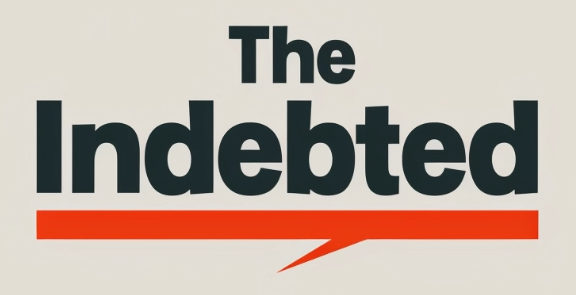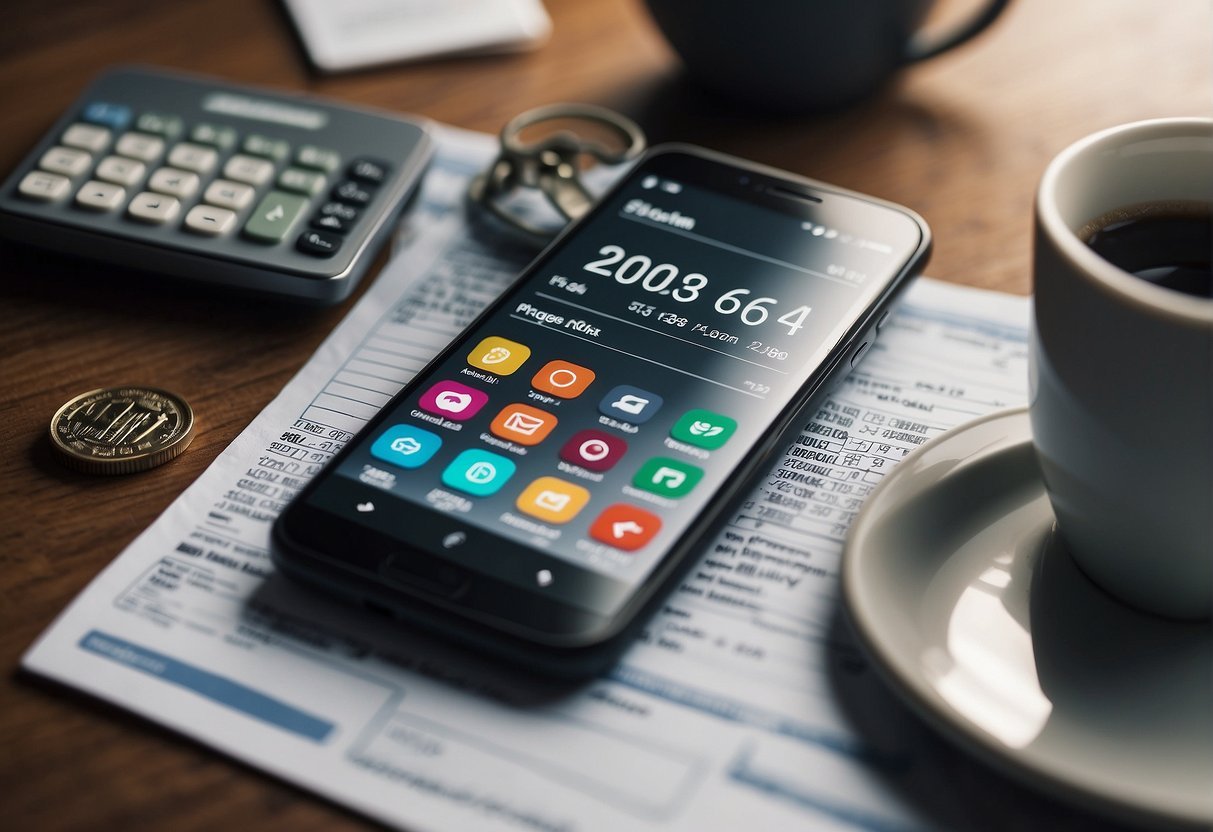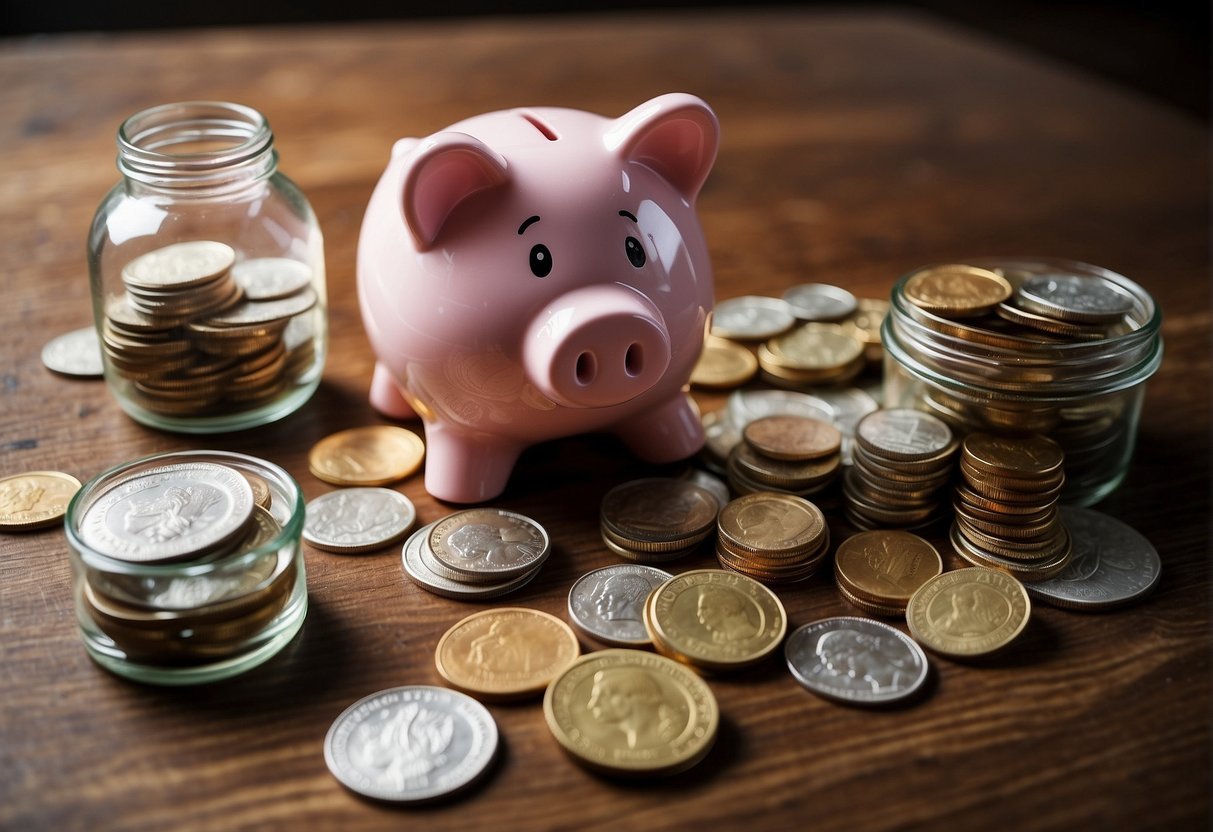Managing debt and budgeting can be a daunting task, especially if you’re not sure where to start. However, with the help of technology, it’s now easier than ever to take control of your finances. There are numerous budgeting apps available that can help you track your spending, create a budget, and even manage your debt.
If you’re struggling to manage your money, it’s time to consider using one of these must-have apps. With these apps, you can easily track your expenses, set financial goals, and get a better understanding of your overall financial situation. Whether you’re looking to pay off debt, save for a big purchase, or simply get a better handle on your finances, there’s an app out there that can help you achieve your goals.
In this article, I’ll be sharing some of the best budgeting apps that can help you manage your debt and budget better. From apps that help you track your expenses to those that help you save money and invest, these apps are designed to make managing your finances easier and more efficient. So, if you’re ready to take control of your money, let’s dive in and explore some of the best budgeting apps available.
Identifying Your Financial Goals
As I begin my journey towards better financial management, it’s important to identify my financial goals. This will help me focus my efforts and resources towards achieving what’s important to me. Here are some key areas to consider:
Setting a Budget
One of the first steps towards achieving financial stability is setting a budget. This involves tracking my income and expenses, and allocating my resources towards different categories such as housing, food, transportation, and entertainment. To make this process easier, I can use budgeting apps such as YNAB or Mint which automate the process and provide useful insights into my spending habits.
Debt Payoff Planning
If I have any outstanding debt, such as credit card balances or student loans, it’s important to come up with a plan to pay them off. This can involve prioritizing debts with the highest interest rates, negotiating with lenders for lower interest rates, or consolidating multiple debts into a single payment. Apps such as Rocket Money or Debt Payoff Planner can help me create a debt payoff plan and track my progress.
Retirement and Investment Objectives
In addition to managing my day-to-day finances, it’s important to plan for the future by setting retirement and investment objectives. This can involve contributing to a 401(k) or IRA, investing in stocks or mutual funds, or purchasing real estate. To help me achieve my long-term financial goals, I can use apps such as Personal Capital or Acorns which provide investment advice and portfolio management tools.
Choosing the Right Budgeting App
When it comes to managing debt and budgeting better, choosing the right budgeting app can make all the difference. With so many options available, it can be overwhelming to decide which one to use. Here are some important factors to consider when choosing a budgeting app.
Must-Have Features
First and foremost, a good budgeting app should have the ability to sync with your bank accounts and credit cards. This allows you to see all of your transactions in one place and track your spending in real-time. Additionally, the app should have budgeting tools that allow you to set financial goals, create a budget, and track your progress. Other must-have features include customizable categories, bill reminders, and the ability to generate reports.
Comparing Popular Budgeting Apps
There are many budgeting apps available, but some of the most popular ones include Mint, You Need a Budget (YNAB), and PocketGuard. Mint is a free app that allows you to track your spending, create a budget, and receive bill reminders. YNAB is a paid app that focuses on zero-based budgeting and encourages users to assign every dollar a job. PocketGuard is a free app that offers a simple and easy-to-use interface, allowing users to track spending and set financial goals.
Free vs. Paid Options
While there are many free budgeting apps available, some of the best ones are paid. Paid apps often offer more features and better customer support. However, if you’re just starting out with budgeting, a free app might be a good place to start. Many paid apps also offer free trials, so you can test them out before committing to a subscription.
Managing Debt and Credit
As someone who has had to manage debt and credit, I know how overwhelming it can be. However, with the right tools and strategies, it is possible to take control of your finances and improve your credit score while reducing your debt. In this section, I will cover some effective tools and strategies for managing debt and credit.
Understanding Credit Score Impact
Your credit score is a vital part of your financial health. It determines your ability to access credit and the interest rates you will pay. Therefore, it is essential to understand how your credit score is calculated and how different factors impact it. Some of the factors that affect your credit score include:
- Payment history
- Credit utilization
- Length of credit history
- Types of credit
- New credit
By keeping these factors in mind, you can take steps to improve your credit score. For example, paying your bills on time and keeping your credit utilization low can have a positive impact on your credit score.
Effective Debt Management Tools
There are many tools available to help you manage your debt effectively. One such tool is a debt payoff planner. This tool can help you create a plan to pay off your debts by providing you with a clear picture of your debt and how much you need to pay each month to become debt-free. Some popular debt payoff planners include:
- Mint
- EveryDollar
- YNAB
Another effective tool for managing debt is a debt consolidation loan. This type of loan allows you to combine all of your debts into one loan with a lower interest rate, making it easier to pay off your debt faster.
Strategies for Paying Off Credit Cards
Credit card debt can be one of the most challenging types of debt to manage. However, there are several strategies you can use to pay off your credit cards more quickly. One such strategy is the snowball method, which involves paying off your smallest debts first and then moving on to larger debts. Another strategy is the avalanche method, which involves paying off your debts with the highest interest rates first.
Optimizing Savings and Investments
Managing debt and budgeting better involves more than just cutting expenses. One of the most effective ways to improve your financial situation is by optimizing your savings and investments. Here are some must-have apps to help you do just that.
Automating Savings
One of the best ways to save money is by automating your savings. By setting up automatic transfers to a savings account, you can save money without even thinking about it. There are several apps that can help you automate your savings, such as Qapital, Digit, and Acorns.
Qapital is a mobile-first bank that uses a unique approach to target-based savings. You can set up savings goals and rules to help you reach them, such as rounding up purchases and saving the difference. Digit analyzes your spending and income to determine how much you can afford to save each day, and then automatically transfers that amount to a savings account. Acorns rounds up your purchases to the nearest dollar and invests the difference in a diversified portfolio.
Investment Tracking
Investing can be a great way to grow your wealth, but it can also be overwhelming to keep track of all your investments. That’s where investment tracking apps come in. These apps can help you monitor your investments, track your performance, and make informed decisions about your portfolio.
One such app is Personal Capital, which offers a comprehensive view of your investment portfolio, including your 401(k), IRA, and taxable accounts. You can track your performance, analyze your asset allocation, and get personalized investment advice. Another app is Mint, which not only tracks your investments but also your overall financial situation, including your budget, bills, and credit score.
Planning for Emergencies
No matter how well you plan, unexpected expenses can still arise. That’s why it’s important to have an emergency fund. An emergency fund is a savings account that you can tap into in case of an emergency, such as a job loss or medical expense.
Several apps can help you plan for emergencies, such as Goodbudget, which uses the envelope budgeting method to help you allocate funds for different categories, including emergencies. Another app is YNAB (You Need A Budget), which helps you create a budget and set savings goals, including an emergency fund.
Maintaining Security and Privacy
As we use apps to manage our debts and personal finances, it’s important to ensure that our sensitive information is secure. Here are some tips to help maintain security and privacy while using budgeting apps.
Encryption and Data Protection
When selecting a budgeting app, choose one that has strong encryption and data protection measures. Look for apps that use end-to-end encryption to protect your data as it travels between your device and the app’s servers. Additionally, the app should store your data in an encrypted format on their servers to prevent unauthorized access.
Some apps even allow you to set up two-factor authentication, which adds an extra layer of security to your account. This means that in addition to your password, you’ll need to provide a second form of authentication, such as a code sent to your phone or email, to log in to your account.
Avoiding Fraud and Scams
Unfortunately, fraud and scams are a risk when managing your personal finances online. To protect yourself, only use budgeting apps from reputable sources. Research the app and its developer before downloading it to ensure that it’s legitimate.
Be cautious of any app that asks for sensitive information, such as your bank account login credentials. Legitimate apps will never ask for this information, and you should never provide it. If you’re unsure about an app’s legitimacy, contact your bank or financial institution for guidance.





